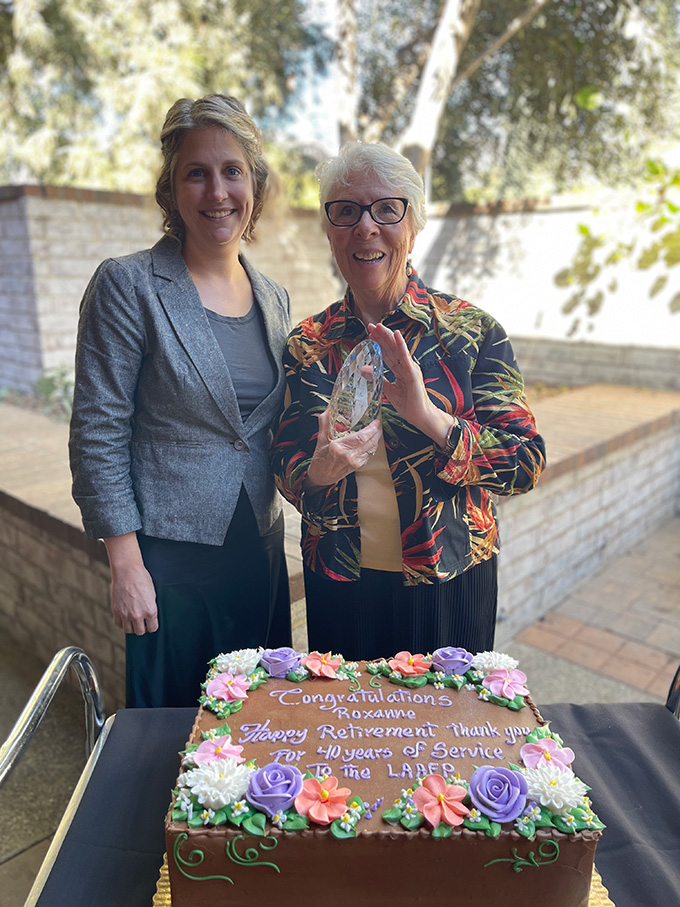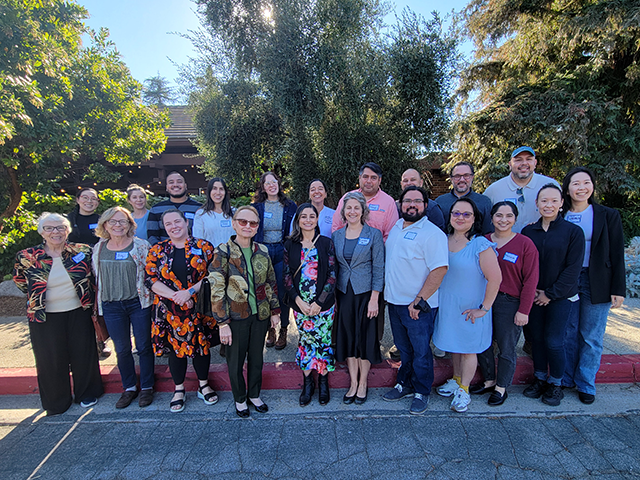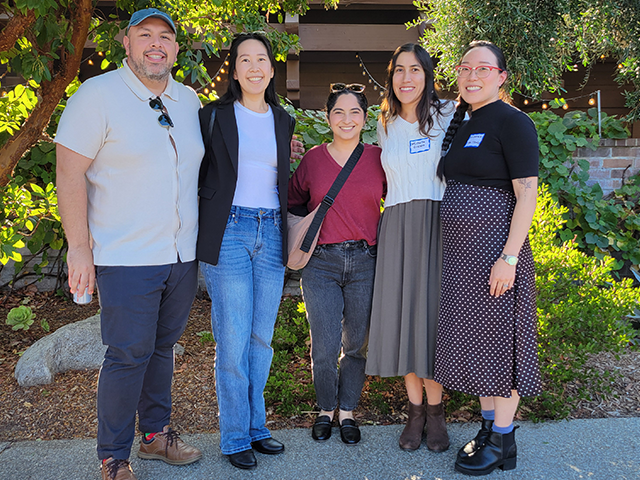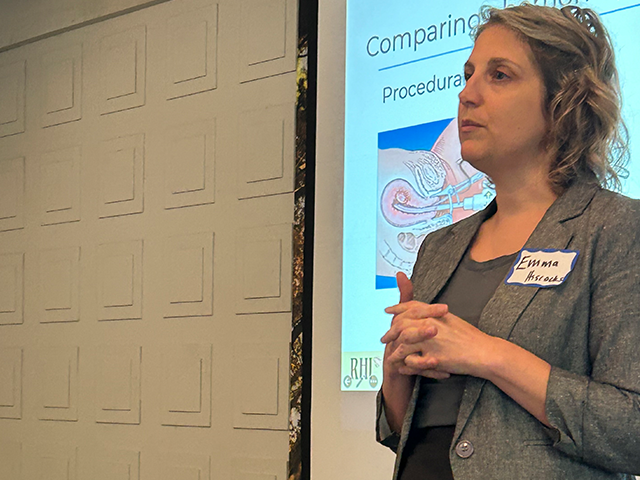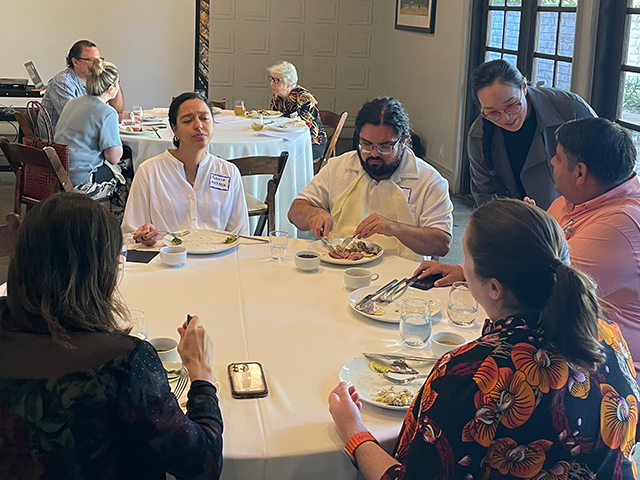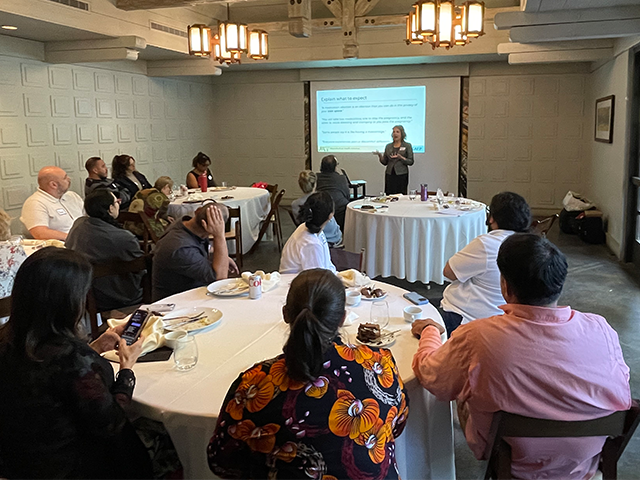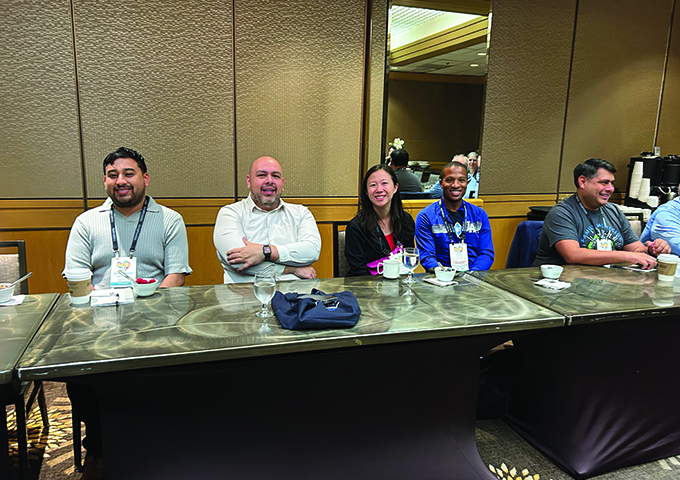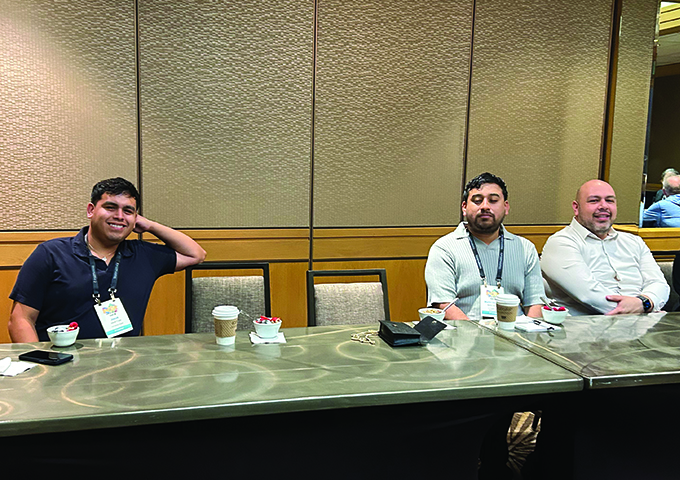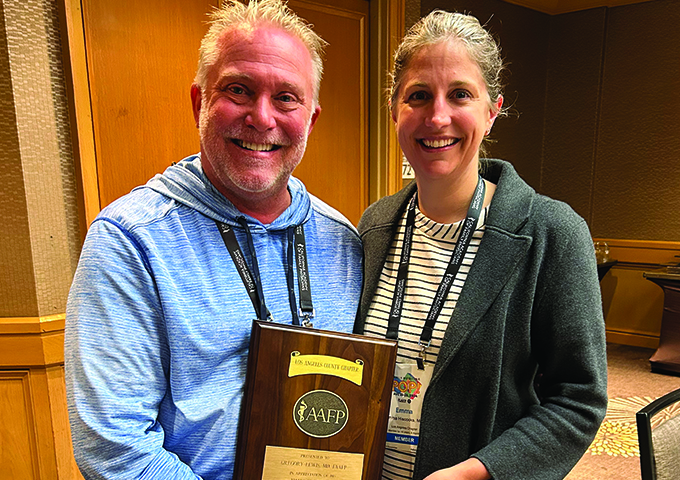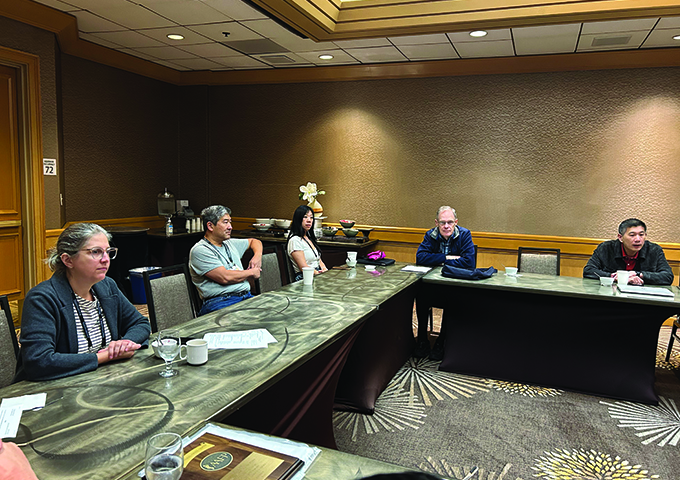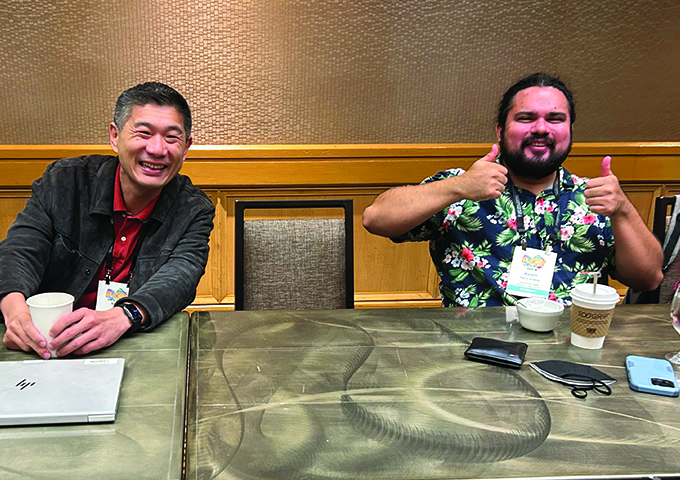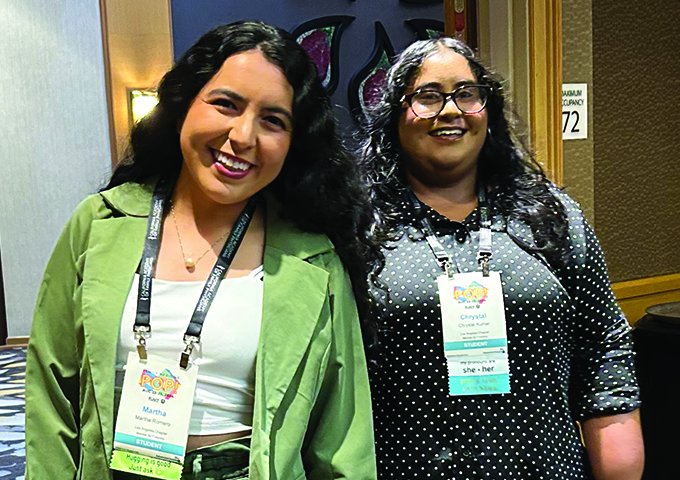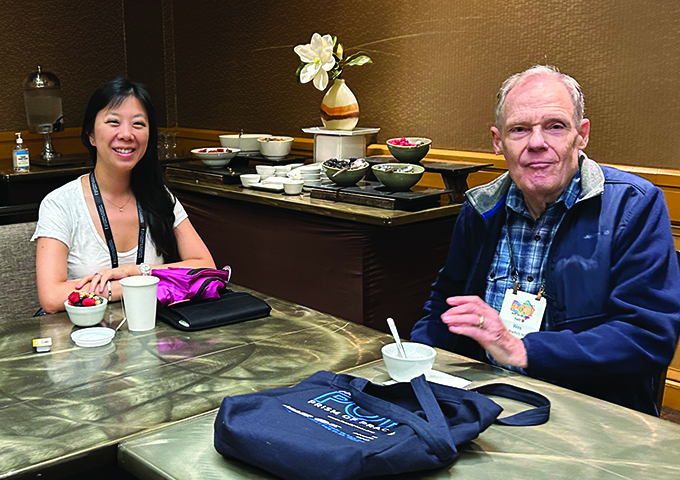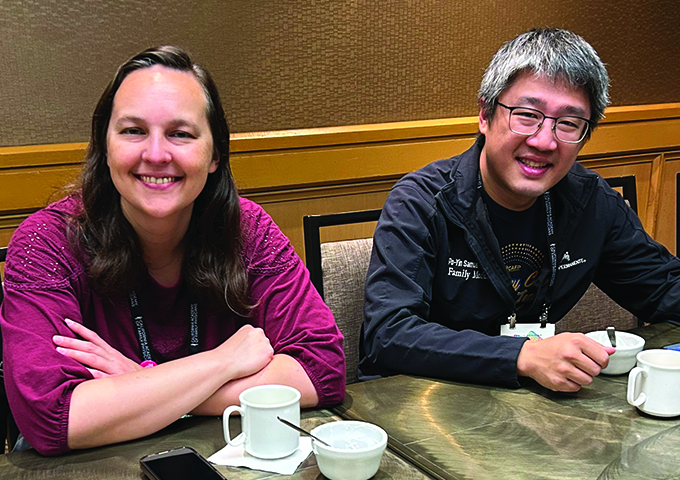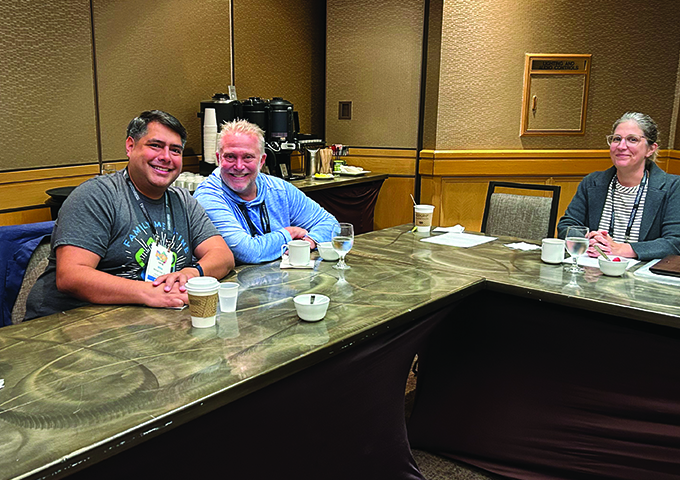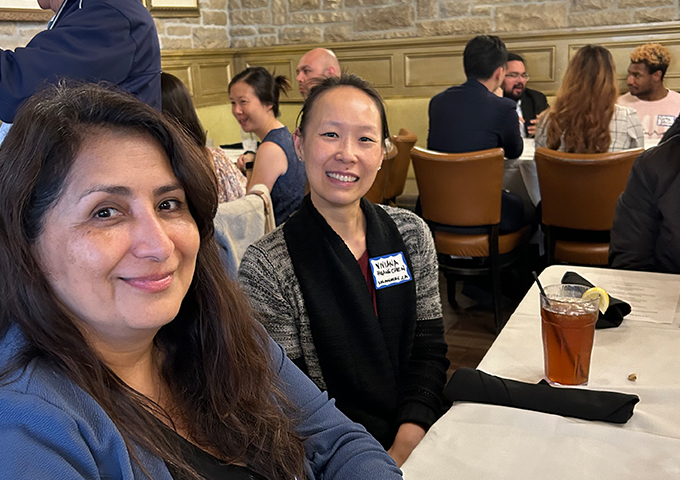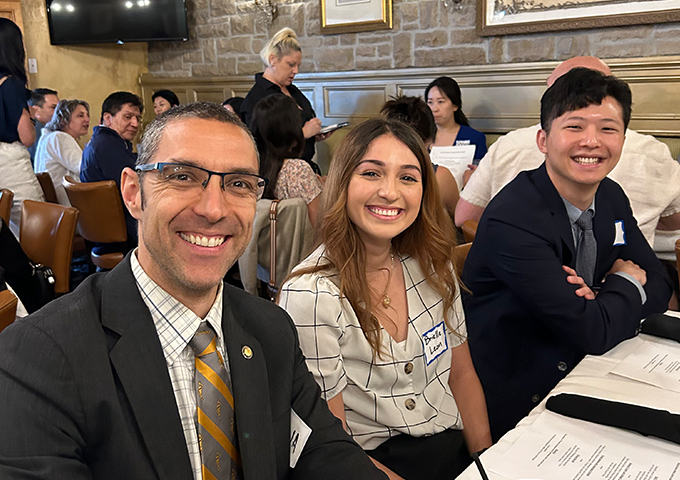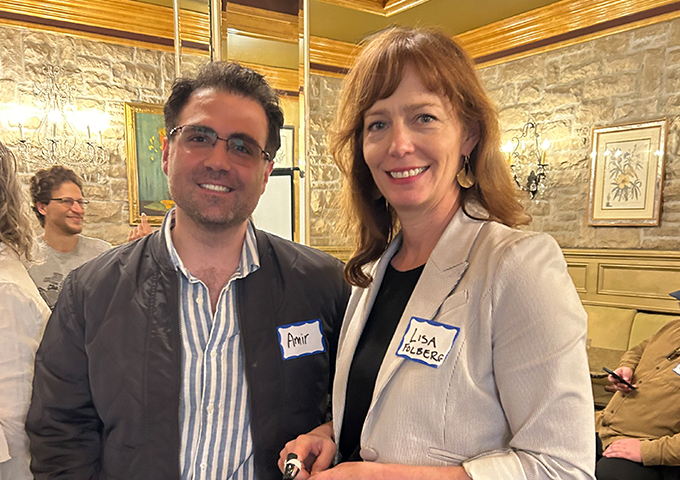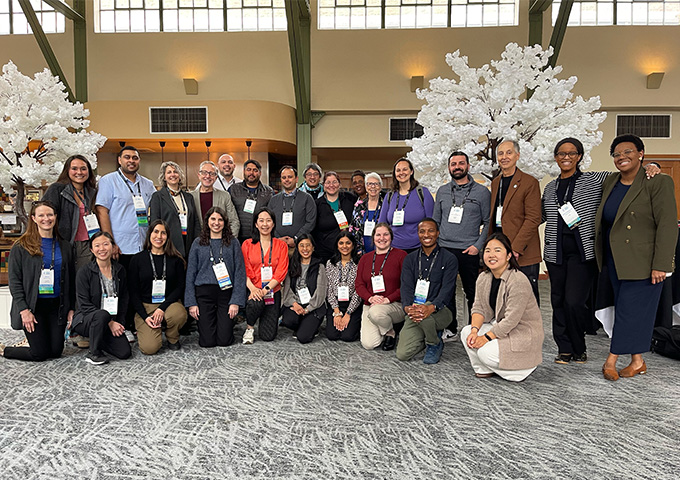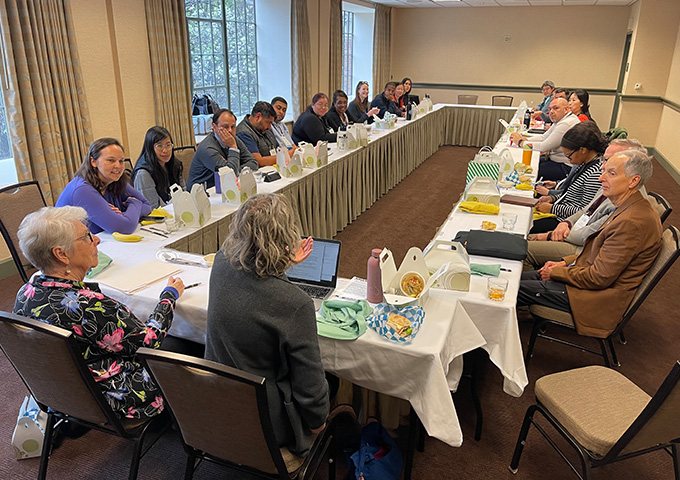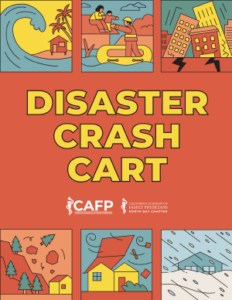 October 2022
October 2022
Wesley G. Bradford, MD, MPH
CMS’s 2023 Medicare physician fee schedule includes 4.5% reduction in payment rates, despite steep increases in practice costs, jeopardizing primary care access. AAFP urges us to support the bipartisan Supporting Medicare Providers Act of 2022 (HR 8800, Bera) to avert Medicare Part B payment cuts, at:
https://www.votervoice.net/AAFP/campaigns/96274/respond?org=794&lvl=100&ite=4209&lea=25527&ctr=0&par=1&trk=a0S5b00000CUof2EAD.
CAFP and CMA are hosting a webinar on Nov 1, 12:15–1:15, on the Future of Primary Care in California, based on a Memorandum of Understanding by 6 California payors committing to goals for improving primary care in California, including transparency on primary care investment, value-based payment and payment reform, increased primary care investment, and support for person-centered care.
Medicine on the California ballot:
- Prop 1 would establish the Right to Abortion in the California Constitution. (There is concern for doctors in abortion-restricted states being in legal jeopardy for treatment of ectopic pregnancies and miscarriages.)
- Prop 31 would ban flavored tobacco products (which encourage teenage nicotine addiction).
- Family Physician Dr Jasmeet Bains is a candidate for Assembly District 35 (Kern County).
CAFP-Supported Bills signed into law:
- Raising the Profile of Family Medicine (ACR 155): Designates a week in March as Family Physician Week.
- Telehealth (AB 32): Permits providers to establish new-patient relationships by phone call for visits on “sensitive services” (mental or sexual health, etc).
- Civil damages for medical malpractice (AB 35): Makes 2 significant changes to the Medical Injury Compensation Reform Act (MICRA) by 1) restructuring MICRA’s limit on attorney fees, and 2) raising MICRA’s cap on noneconomic damages (previously negotiated between physicians & attorneys, avoiding a ballot initiative and allowing inflation-related changes).
- Nonpharmacological pain management treatment (AB 2585): Promotes nonpharmacological options for pain management along with pharmacological analgesics.
- Prescription drugs (SB 838): Facilitates metrics for the establishment of a California-based manufacturing facility for insulin (to combat excessive market prices for the drug, which is no longer price-protected by its original patent).
- Mobile-unit pharmacies (SB 872): Authorizes a county or city to operate a licensed mobile unit within its jurisdiction to provide prescription medication to homeless and others without fixed addresses.
- Immunization registry, COVID-19 and Other Vaccines (AB 1797): Requires health care providers to disclose certain patient information including race and ethnicity to local health departments operating immunization information and reminder systems and to the California Department of Public Health.

